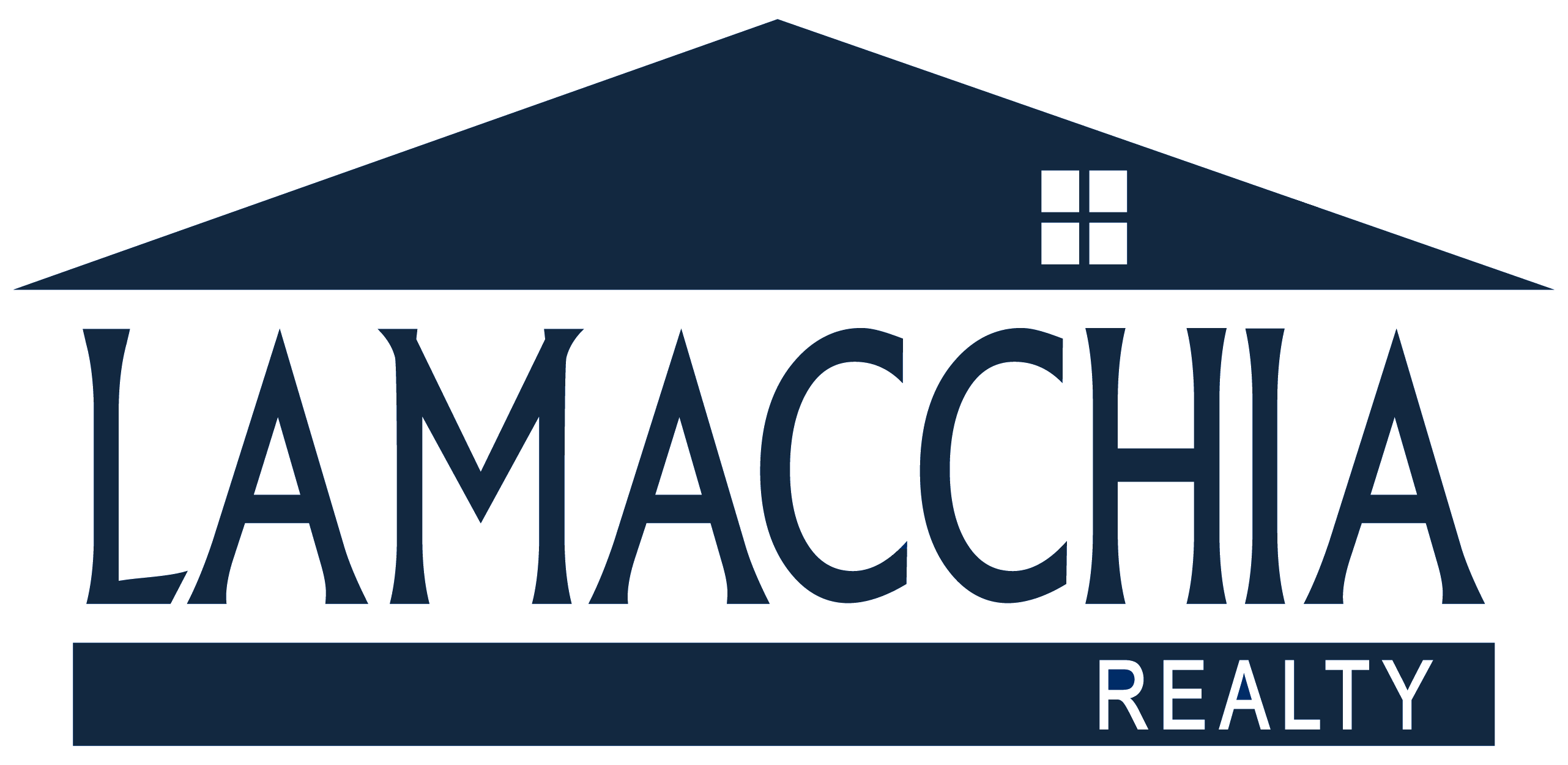
One of the most significant changes in recent years to Massachusetts zoning laws recently became effective.
Under a law passed last August that became effective on February 2, 2025, accessory dwelling units, often referred to as “ADUs” or “in-law apartments, may now be built by right in single family residential zoning districts instead of by special permit in all cities and towns aside from Boston. This means that municipalities cannot ban or overly restrict ADUs. The process for constructing ADUs will now be much more streamlined and efficient. The state is estimating that the new law will bring somewhere between 8,000 – 10,000 new housing units online.
Key Provisions
Here are some of the highlights of the new law that became effective February 2, 2025:
- The unit can be no larger than 50% of the square footage of the main home, or 900 square feet- whichever is smaller.
- The unit can be constructed as a detached building, a converted basement/attic, or as an addition to the main home – but again, this new law only applies to single-family residential zoning districts.
- The ADU must have a separate entrance from the main home
Municipalities may still impose certain restrictions including. Here are a few of the more important ones to keep in mind.
- Require site plan review under a streamlined process
- Require dimensional setbacks
- Create height limitations
- Requirements for septic systems
- Certain restrictions on short-term rentals
However, there are certain things a municipality may not do or require, including:
- Cannot require a family relationship between the owner and the occupant of the ADU
- May not require that an ADU have a parking space if located within ½ mile of a commuter rail, bus, or subway station.
- May not impose special permit requirements or discretionary zoning approval
- Cannot “unreasonably restrict” ADUs
For more information visit:
https://www.mass.gov/info-details/accessory-dwelling-units
